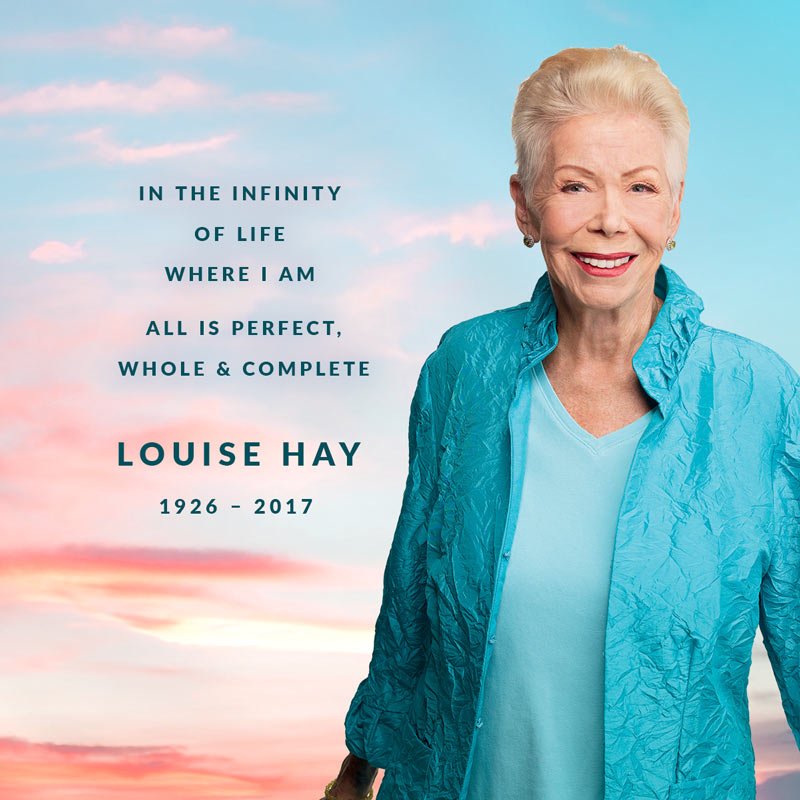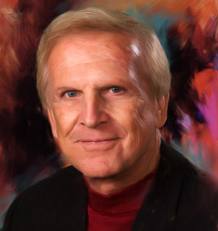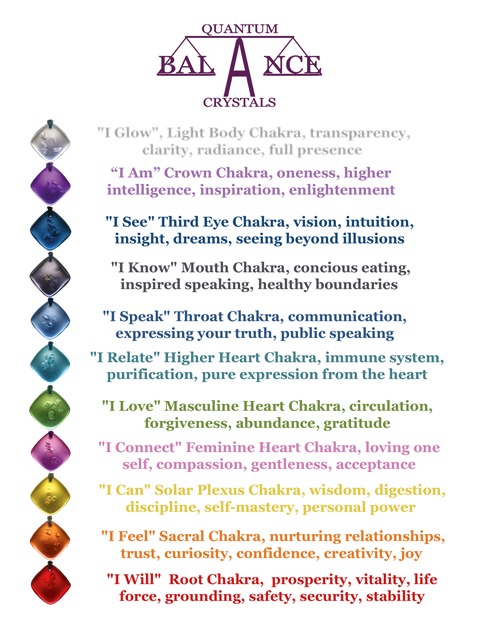Letting-Off-The-Happiness

Letting-off-the-Happiness or just plain happiness is not how much money you have although money does provide comfort. It is about how you act and react on a daily basis. When people come in contact with you, especially strangers they say " look at that person they seem to be genuinely happy. It just flows from them. It comes from the inside. It comes from knowing who you are. Self-esteem is a big part of happiness. It is becoming comfortable in your own skin.
You must love yourself first before you can start experiencing the wonders of happiness.
Yes, we do get glimpses of it from time to time, Although it does not seem to last.
Letting-Off-The-Happiness
But it never seems to last
Happiness can never be provided by someone else.
Philosophers and religious thinkers often define happiness in terms of living a good life, or flourishing, rather than simply as an emotion.
The dictionary states: "Happiness is a mental or emotional state of well-being characterized by positive or pleasant emotions ranging from contentment to intense joy."
Letting-Off-The-Happiness is a sense of peace within you, a way of letting your inner goodness shine thru. It is a true sign that you are comfortable with who you are and everyone that meets you can see it. It is you knowing you are a part of God. You being comfortable saying I AM.
Aristotle begins with the claim that every activity aims at some end. This claim is straightforward -- it means that everything you do (every activity), you do for some purpose (some end). So you go to school (activity) to get a job (end). You learn carpentry (activity) in order to build wooden objects (end).
Sometimes, Aristotle notes, the end in one activity-end formula can become an activity in another.
Ex:
1: You practice carpentry (activity) in order to build wooden objects (end).
Here the end -- building wooden objects -- can itself become an activity, namely where:
2: You build wooden objects (activity) to sell them for money (end).
So, Aristotle notes, just about all things are not only pursued for the sake of something else, but the 'something else' itself is pursued for the sake of still yet some other thing. Does this continue on to infinity? Is there ever an endpoint? Is there anything that we pursue for the sake of itself and not for the sake of some further thing or end?
Aristotle thinks there is one thing that fits this description: happiness.
If the pursuit of happiness is never pursued for the sake of some other thing, then according to Aristotle it is the "highest of all goods" or the "complete good" or the "good that is self-sufficient". That means happiness is an “end in itself.
Is Aristotle right? Think about it. Take any activity, and if we ask "what for?" eventually we will reach happiness as the ultimate goal, and then stop.
Next a passage from one of my mentors Louise Hay, who with out her I may not be the person I am today.

"I am here to learn to love myself and to love other people unconditionally. Even though every person has measurable things about them, such as height and weight, there is far more to me than my physical expression. The immeasurable part of me is where my power is. Comparing myself with others makes me feel either superior or inferior, never acceptable exactly as I am. What a waste of time and energy.We are all unique, wonderful beings, each different and special. I go within and connect with the unique expression of eternal Oneness that I am and we all are.
Who are you? Why are you here? What are your beliefs about life? For thousands of years, finding the answers to these questions has meant going within. But what does that mean?
I believe there is a Power within each of us that can lovingly direct us to our perfect health, perfect relationships, perfect careers, and which can bring us prosperity of every kind. In order to have those things, we have to believe first that they are possible. Next, we must be willing to release the patterns in our lives that are creating conditions we say we do not want. We do this by going within and tapping the Inner Power that already knows what is best for us. If we are willing to turn our lives over to this greater Power within, the Power that loves and sustains us, we can create more prosperous lives.
I believe that our minds are always connected to the One Infinite Mind; therefore, all knowledge and wisdom is available to us at any time. We are connected to this Infinite Mind, this Universal Power, through that spark of light within. The Universal Power loves all of Its creations. It is a Power for good, and It directs everything in our lives. It doesn’t know how to hate or lie or punish. It is pure love, freedom, understanding, and compassion. It is important to turn our lives over to our Higher Self, because through It we receive our good.
We must understand that we have the choice to use this Power in any way we want. If we choose to live in the past and rehash all of the negative situations and conditions that went on way back when, then we stay stuck where we are. If we make a conscious decision not to be victims of the past and go about creating new lives for ourselves, we are supported by this Power within; and new, happier experiences begin to unfold.
We are each meant to be a wonderful, loving expression of life. Life is waiting for us to open up to it-to feel worthy of the good it holds for us. The wisdom and intelligence of the Universe is ours to use. Life is here to support us. We just need to trust the Power within to be there for us."
Louise Hay free download at my page eBooks download free.

Happiness cannot be traveled to, owned, earned, worn, or consumed.
Happiness is the spiritual experience of living every minute with love, grace, and gratitude.

New! Comments
Have your say about what you just read! Leave me a comment in the box below.